
If you’re new here, welcome. This is Binge, the section of my newsletter where I write about stories I’m reading and how I feel about them. I give you my recommendations, and I’d love it if you would give me yours.
Reading is an exercise in empathy; an exercise in walking in someone else’s shoes for a while.
- Malorie Blackman
Something is happening to me. I feel like I’ve been lost in a forest, bushwhacking through wild lands, and I’ve just broken through the trees, stumbled onto a path. I stepped off the one I was on around ten years ago when I stopped being a fundamentalist, opened my mind up to the possibility that I didn’t know everything there was to know about God, how society should be, and what happens after you die.
That decision and the events that led me there are a mystery even to me. Unfortunately I did not write at all then. There are no journal entries, no scraps of paper to indicate how things progressed to the point of me leaving the belief system I had been building since I was eleven or twelve. But I do have a few signs, little breadcrumbs of memory. All of those moments involve books. Books I read, conversations about them, what I learned from them.
Hitler and the Holocaust, by Robert S. Wistrich
Ironically, I picked this up from my church’s bookstore. Evangelical Christianity is somewhat fixated on Jewish people, particularly as it pertains to the end times. This book was probably chosen for those reasons. In it, Robert S. Wistrich details Hitler’s fascination with the concept of a “chosen people.” The biblical account of the Jews as God’s annointed stood in direct opposition to his proclimation of an Aryan race. After all, there can’t be two chosen people.
The book details the pope’s1 support of Hitler, the prominence of German protestant anti-semitism, and the overall religious support of fascism and the contribution politically to Hitler’s success in the Final Solution. Anyone who reads history will be unsurprised by the reality that religious authorities often play political games, lose sight of their own written beliefs and preaching, and participate and help in the most heinous genocides and wars of human history.
I was not well read. I mean, I had read books, and took American history, but as far as Christianity and the church were concerned, I was clueless. This book sent me down a rabbit hole of investigation. As silly as it may sound, realizing that my church could be wrong, that Christians could partake in evil, was a revelation to me. A painful part of growing up. It fanned the flames of curiosity, and pulled me out of my head nodding to everything any preacher said. I could see religious authorities as humans for the first time, and take what they said with that in mind. I was thinking for myself.
Lit, by Mary Karr
This. I wrote about this book in an article about writing that wounds a few months ago. A dear friend sent this to me when I was a new mother. Looking back, I was struggling tremendously. I was young, in my early twenties, had just left my church a couple of years before, was living in poverty, and spent most of my days alone with a baby.
In Lit, Mary Karr writes about becoming a mother, and becoming an alcoholic. Nights spent nursing her baby, then getting drunk as her husband and child slept. Then her recovery and becoming a Catholic, something that is not exactly celebrated in academia. Reading her story lifted me out of a stormy sea. It gave me that little bit of perspective I needed, the kind that the cheerleader grandmothers in grocery stores, who have long forgotten the pain of those early days (it goes by so fast, the say), could never give.
A Good Man Is Hard To Find, by Flannery O’Connor
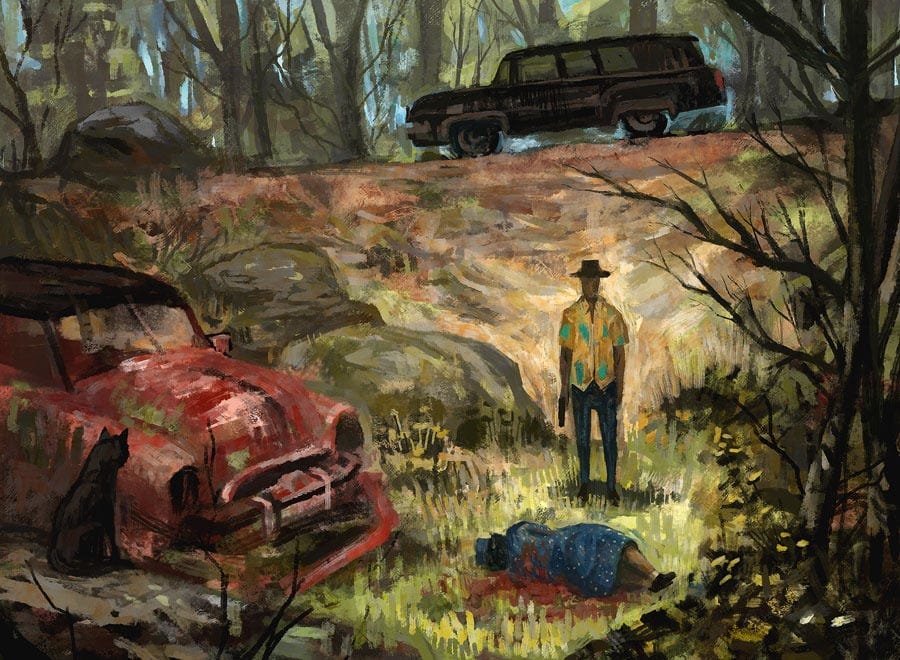
I was working at a coffee shop just after I stopped going to church. There were a couple of guys that I worked nights with. One was an English professor, working weekends at the shop to make ends meet. I distinctly remember he let me read his short stories, and told me that Mark Twain was trash, that all genre was really trash, and only literature was good writing. I think I rolled my eyes.
Another, a Christian himself but not of the fundamentalist Evangelical variety, liked to talk about vintage record players, had an obsession with James Taylor, and lent me Flannery O’Connor’s book of short stories. I loved her immediately, and this story in particular. Because she was Catholic, I suddenly felt permission to indulge that fascination with dark stories. I also always found myself rooting for the wrong character (the stuck-up college student, the naive farm girl), and then was surprised when the story took a strange turn and that person I nodded my head with turned out to be a ninny.
The Things They Carried, by Tim O’Brien
By the time I had my second child, I had a library card again. We didn’t have any money, so our days were spent at public parks, walking trails, and going to the library to find things to read. I was lost when it came to reading at that time, and would peruse the shelves searching for covers that stood out to me. Luckily this one did.
How to write about this book…the way it wounded me, permanently. Those opening paragraphs, where O’Brien lists the things the men in his unit carried. Photographs and cigarettes and letters from home. Broken bodies and trauma and guns that killed people.
This book made me want to write. Showed me that no matter what I had been through, there was someone out there who had made it through worse. Memoir in particular has the ability to do that. In truth, I think it’s that reality, seeing someone who has gone through hell and made it out, that draws me to dark literature and fiction to begin with. I live on survivor songs.
The Hunger Games, by Suzanne Collins
This was the first book I stayed up nearly all night to finish since childhood. The story captured me, and made me remember how much I adored genre as a kid. At that time I didn’t even really know the difference between literature and genre, much less the fighting that occurred between writers of each. I thought of reading as reading, stories as stories. And thankfully, I still do.
Part of my religious journey was that I stopped reading for pleasure. Reading was always serious, devout, sacred. I didn’t waste my time on silly, made up stories. If I read, it was usually devotional. This was the first book I remember reading for entertainment as an adult.
The list goes on.
Blue Like Jazz by Donald Miller, The Tommyknockers by Stephen King, This Boy’s Life by Tobias Wolf, Eat Pray, Love by Elizabeth Gilbert, Farenheit 451 by Ray Bradbury, Angela’s Ashes by Frank McCourt, The Ocean at the End of the Lane by Neil Gaiman, American Wolf by Nate Blakeslee, On the Road by Jack Kerouac.
These were my early rescuers. They threw me buoys, gave me the tools to build boats, helped me navigate oceans. And now, all these years and hundreds of stories later, I find myself coming out the other side. It takes a long time to find your way through darkness, and you need more than just writing to do it. I have loving friends and family, a personal spiritual practice that helps me. I’ve learned to take care of myself, to exercise and eat good food and sleep more.
But those stories lit the way, each one a little fire in the path that is leading me home. It’s no wonder people want to ban books. I can pinpoint the ideas that changed in me with each one. That’s also why taking certain stories away, or censoring them to make them tastier for modern palettes, is so destructive.
I re-read Carrie by Stephen King as part of the launch of The Barrens, Kindling’s first book club. I didn’t know what to expect out of a virtual book club, and wanted to pose some questions to readers. I kept it pretty light (did you like it and why), but the comments I got were largely personal. That story made people think about how they were bullied in high school, or abused by a parent.
One comment really stuck with me. A reader shared that her teenage daughter has been experiencing some bullying at school, and she let her read the book. Her daughter felt strengthened by it, and she (the mother) felt confident she would make it through. Carrie has sex, blood, religious abuse, physical abuse, underage drinking, cursing. It would easily be kept off a school or library shelf for indecency or what have you (and it was when it came out).
And it helped a teen girl experiencing bullying. You can not separate this reality: that reading hard or scary things can help you, can help children and teens in particular, can serve as that little bit of comfort you need to keep going. Life is hard enough. Too hard to go through alone. Grab a life raft.




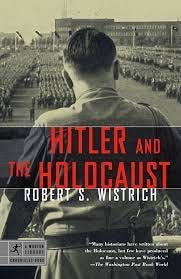
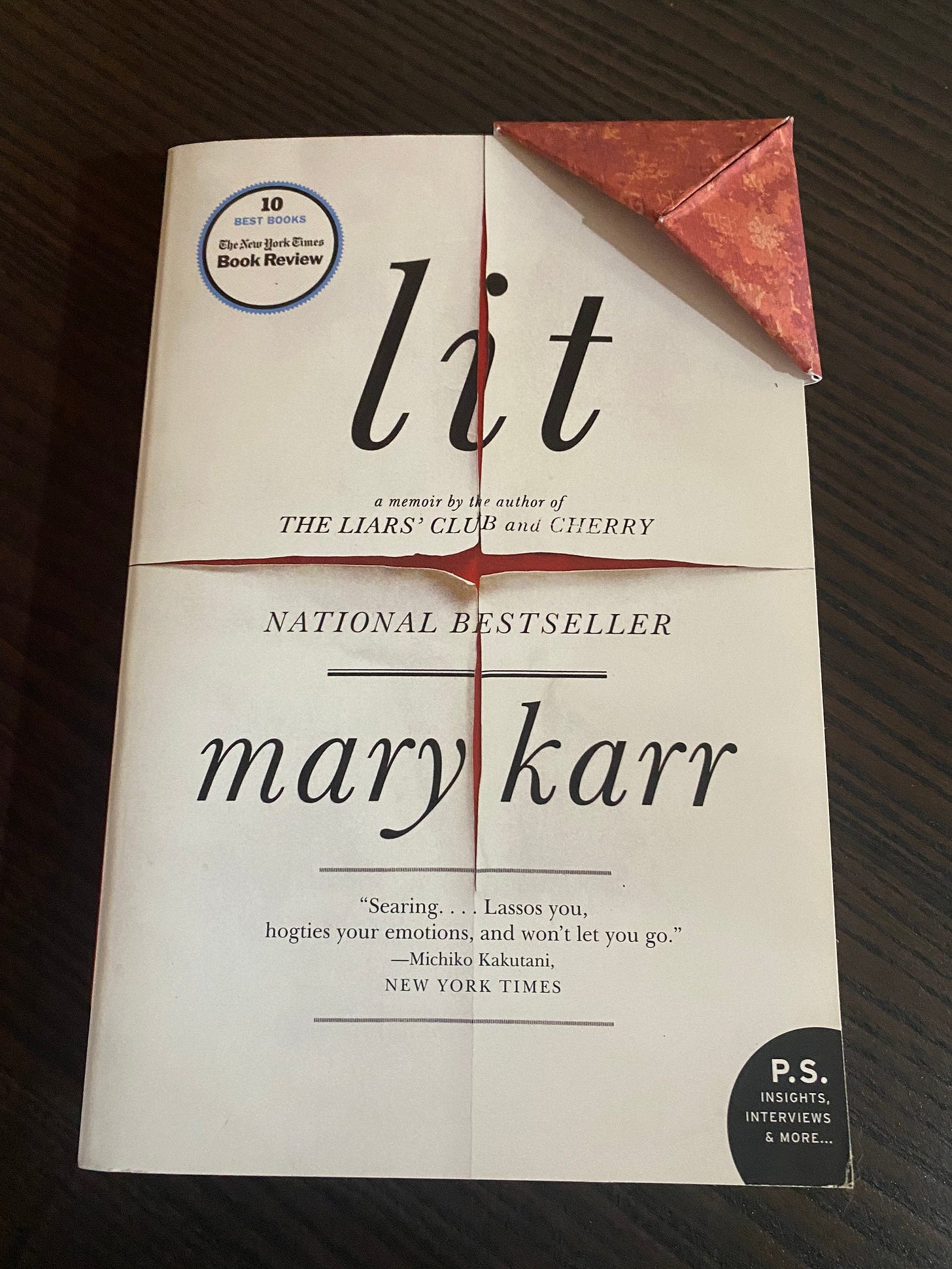
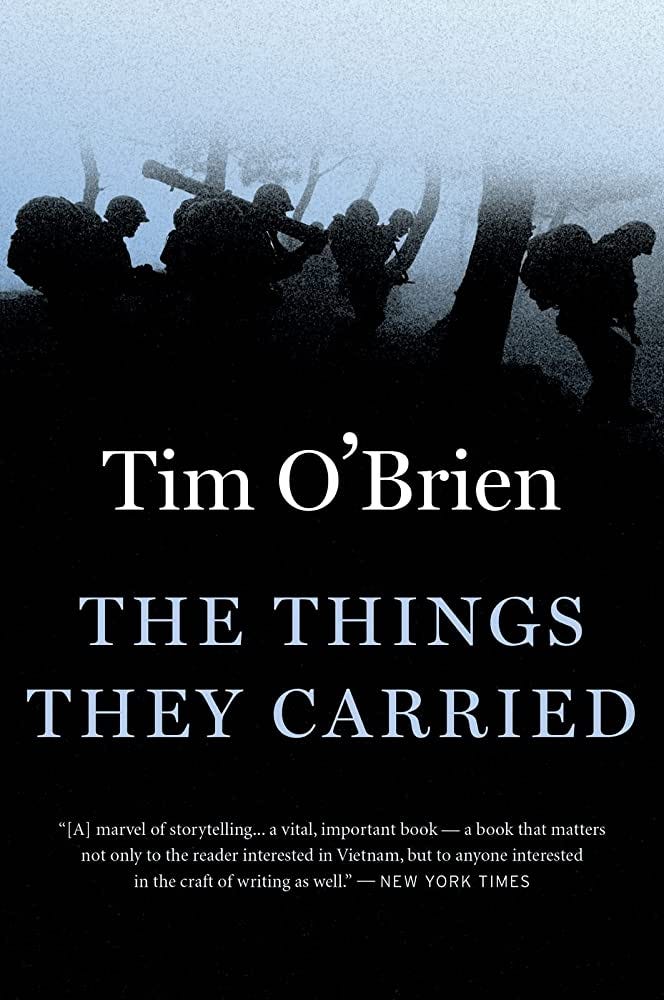
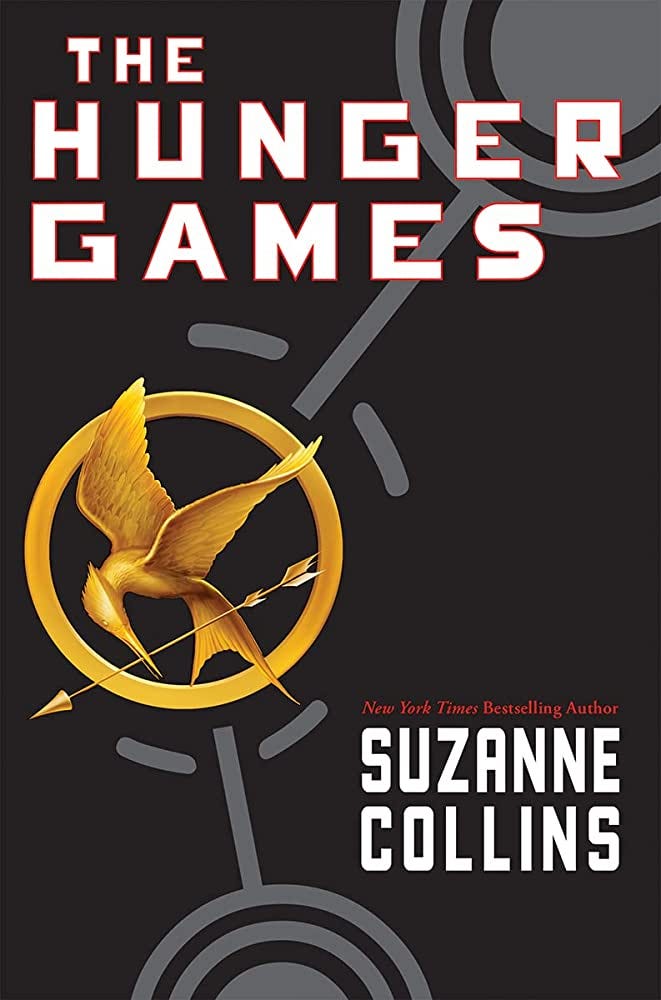
There are four authors who could write a story on a paper towel and I'd read them. Tad Williams, King, Gaiman, and Atwood.
Tad Williams, if anyone is curious, is best known for his Memory, Sorrow, and Thorn trilogy. His influences being "The Once and Future King" and of course Tolkien. Now here's some trivia for you.....George Martin's Game of Thrones books? HE was inspired by Tad to write those.
What a beautiful post! You clearly have achieved so much in your life, and it's inspiring to read about the books that helped you do it.